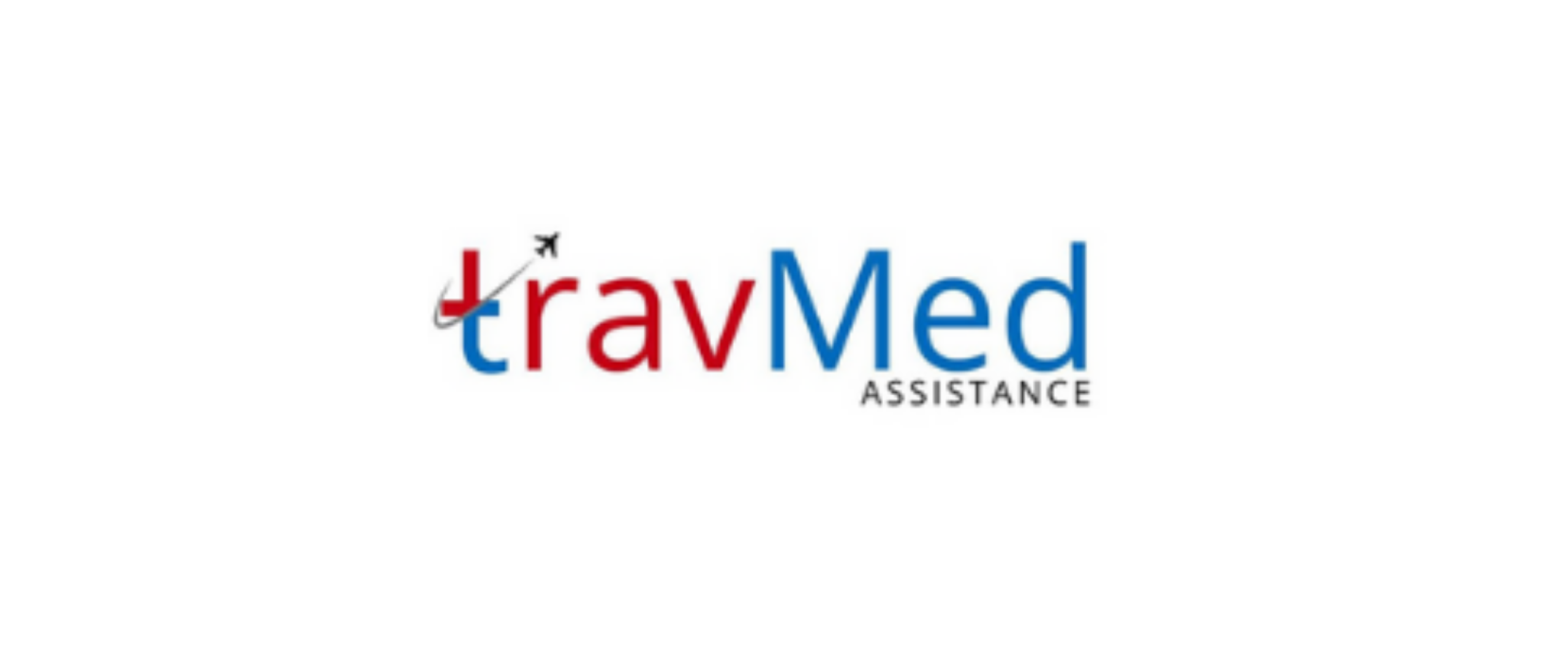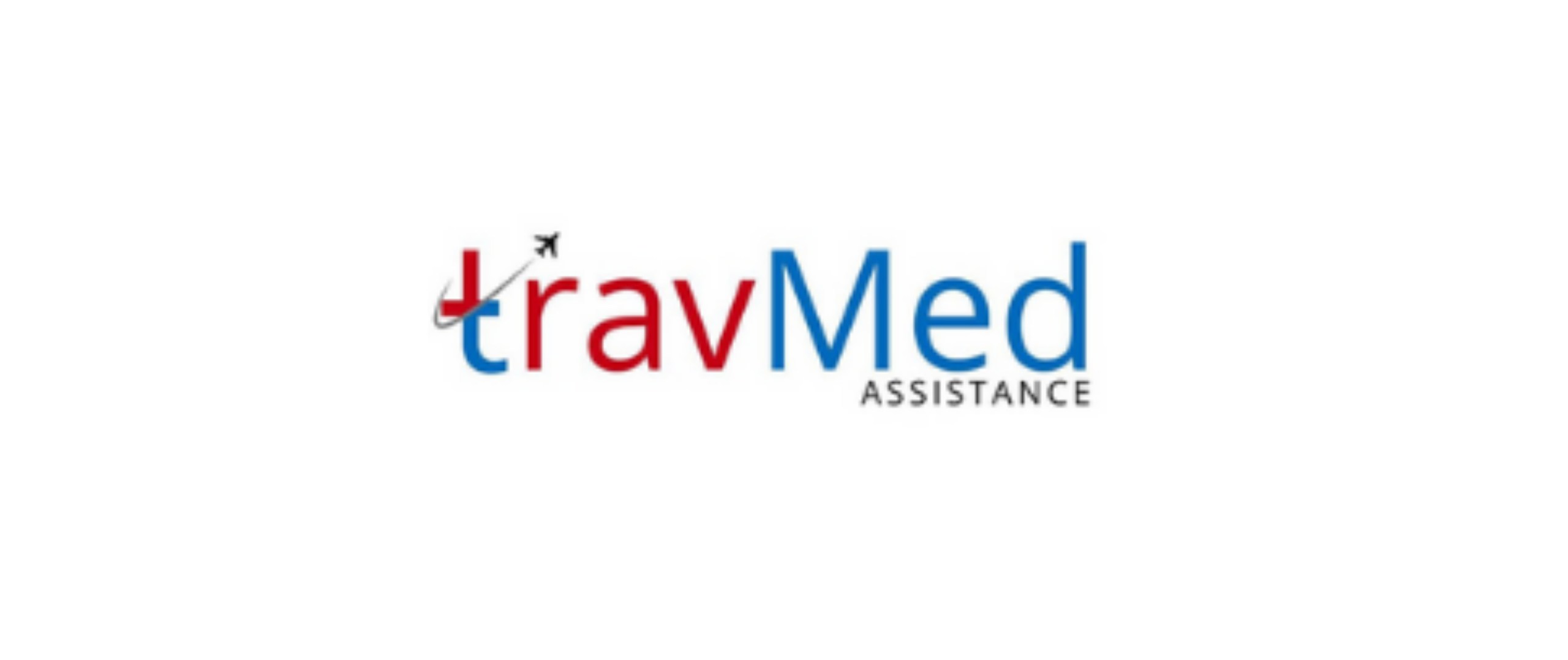
Health condition updating in Nepal refers to the process of regularly informing relevant authorities about the medical status of foreign nationals residing in or visiting the country. This system enables the Nepali government and healthcare providers to monitor and respond to the health needs of foreigners effectively. The updates typically include information about ongoing treatments, new diagnoses, changes in medication, and any significant health events. This process is essential for maintaining accurate health records, ensuring appropriate medical care, and complying with visa and immigration requirements. Health condition updating helps foreigners access timely medical assistance and allows authorities to track potential public health risks.
Who needs health updates in Nepal?
Health updates in Nepal are required for various categories of foreigners:
- Long-term visa holders (students, workers, volunteers)
- Expatriates residing in Nepal
- Tourists staying for extended periods
- Foreign diplomats and their families
- International aid workers and NGO staff
- Individuals with pre-existing medical conditions
- Elderly visitors or those with chronic illnesses
- Pregnant women or those undergoing medical treatment
- Participants in adventure sports or high-altitude activities
- Foreigners involved in research or fieldwork in remote areas
These updates are particularly crucial for individuals with ongoing health issues or those engaged in activities that may pose health risks during their stay in Nepal.
How are health updates managed in Nepal?
Health updates for foreigners in Nepal are managed through a collaborative system involving multiple stakeholders:
- Ministry of Health and Population
- Department of Immigration
- Hospitals and healthcare facilities
- Embassy or consulate of the foreigner’s home country
- Travel and medical assistance companies
The process typically involves:
- Initial health assessment upon arrival or visa application
- Regular check-ups at designated healthcare facilities
- Submission of medical reports to relevant authorities
- Updating of health records in the government database
- Coordination between healthcare providers and immigration officials
- Notification of significant health changes to embassies or consulates
- Provision of necessary medical assistance or evacuation if required
This system ensures that foreigners’ health conditions are monitored and addressed promptly throughout their stay in Nepal.
What documents are required for updates?
To complete health condition updates in Nepal, foreigners need to provide several documents:
- Valid passport and visa
- Recent passport-sized photographs
- Completed health update form (available at hospitals or immigration offices)
- Previous medical records and reports
- Current prescription medications list
- Health insurance documentation
- Proof of residence in Nepal (for long-term stays)
- Letter from employer or educational institution (if applicable)
- Vaccination records
- Recent laboratory test results
- Any specialist referrals or ongoing treatment plans
These documents help healthcare providers and authorities assess the foreigner’s current health status and ensure continuity of care. It’s advisable to keep copies of all medical documents for personal records and future updates.
How much does health updating cost?
The cost of health condition updating in Nepal varies depending on several factors:
- Type of visa and duration of stay
- Frequency of required updates
- Complexity of medical condition
- Healthcare facility chosen (public or private)
- Additional tests or examinations needed
On average, a basic health update may cost between NPR 2,000 to NPR 5,000 (approximately USD 15 to USD 40). However, comprehensive health assessments or updates for complex medical conditions can range from NPR 10,000 to NPR 30,000 (USD 75 to USD 225) or more. Some private hospitals and clinics offer package deals for regular health updates. It’s advisable to check with specific healthcare providers or the Department of Immigration for the most current pricing information.
How long do updates take in Nepal?
The duration of health condition updates in Nepal can vary:
- Basic health updates: 1-2 hours
- Comprehensive health assessments: 3-4 hours
- Complex medical evaluations: 1-2 days
Factors affecting the timeline include:
- Type of medical tests required
- Availability of specialists
- Processing time for laboratory results
- Queue at the healthcare facility
- Completeness of submitted documents
For routine updates, results are usually available within 24-48 hours. However, more complex cases may require additional time for thorough evaluation and specialist consultations. It’s recommended to schedule updates well in advance to avoid delays in visa processing or other administrative procedures.
Are services available for all foreigners?
Health condition updating services in Nepal are available for all foreigners, regardless of their nationality or purpose of visit. However, the specific requirements and procedures may vary depending on:
- Visa type (tourist, student, work, business)
- Duration of stay in Nepal
- Age and health condition of the foreigner
- Country of origin
Services are provided through:
- Government hospitals and health centers
- Private hospitals and clinics
- Specialized medical facilities
- Travel and medical assistance companies
While basic health updating services are accessible to all foreigners, some specialized services or facilities may have limitations based on capacity or expertise. In such cases, foreigners may be referred to appropriate healthcare providers or advised to seek medical attention in their home country if necessary.
How reliable are health updating services?
The reliability of health condition updating services in Nepal has improved significantly in recent years. Factors contributing to their reliability include:
- Accreditation of healthcare facilities by national and international bodies
- Implementation of standardized protocols and procedures
- Regular training and skill development of healthcare professionals
- Adoption of modern medical technologies and equipment
- Collaboration with international healthcare organizations
However, challenges remain:
- Variations in service quality between urban and rural areas
- Limited availability of specialized medical services in some regions
- Occasional language barriers for non-Nepali speaking foreigners
- Potential delays during peak tourist seasons or natural disasters
To ensure reliability, foreigners are advised to choose reputable healthcare providers, preferably those recommended by their embassies or established medical assistance companies. It’s also beneficial to maintain open communication with healthcare providers and seek second opinions when necessary.
How do I contact update service providers?
Contacting health condition update service providers in Nepal can be done through various channels:
- Official websites of hospitals and clinics
- Email inquiries to healthcare facilities
- Phone calls to customer service departments
- In-person visits to medical centers
- Through embassy or consulate referrals
- Via travel and medical assistance companies
Steps to contact service providers:
- Research reputable healthcare facilities in your area
- Check their websites for contact information and services offered
- Prepare a list of questions or concerns regarding health updates
- Contact the provider via your preferred method (email, phone, or in-person)
- Inquire about appointment scheduling and required documents
- Ask for cost estimates and payment options
- Request information on the updating process and timeline
It’s advisable to contact multiple service providers to compare services and choose the most suitable option for your health updating needs.
Are services available online in Nepal?
Online health condition updating services in Nepal are gradually becoming available, although the extent of digital services varies:
- Online appointment booking systems
- Telemedicine consultations for initial assessments
- Digital submission of medical documents
- Online payment options for health update fees
- Virtual follow-up consultations
However, limitations exist:
- Physical presence is often required for medical examinations and tests
- Not all healthcare providers offer comprehensive online services
- Internet connectivity issues in remote areas may hinder access
- Some legal and administrative procedures still require in-person verification
While online services are improving, it’s recommended to confirm the availability and extent of digital options with specific healthcare providers or the Department of Immigration. Foreigners should be prepared for a combination of online and in-person interactions during the health updating process in Nepal.
How do updates benefit foreigners?
Health condition updates provide numerous benefits to foreigners in Nepal:
- Ensure continuous access to appropriate medical care
- Facilitate early detection and treatment of health issues
- Enable prompt response to medical emergencies
- Assist in maintaining valid visas and immigration status
- Provide peace of mind during extended stays
- Help in planning activities suitable to one’s health condition
- Facilitate communication with healthcare providers
- Aid in insurance claims and coverage verification
- Support in obtaining necessary medications
- Assist in making informed decisions about travel plans
These updates also contribute to the overall well-being of foreigners by ensuring they receive timely and appropriate healthcare services throughout their stay in Nepal. Regular health updates can potentially prevent complications and reduce the need for emergency medical interventions or evacuations.
Who monitors health updating services?
Health condition updating services in Nepal are monitored by several entities:
- Ministry of Health and Population
- Nepal Medical Council
- Department of Immigration
- Nepal Health Professional Council
- Quality Control Division of the Department of Health Services
These organizations oversee:
- Accreditation and licensing of healthcare facilities
- Standardization of health updating procedures
- Quality assurance of medical services
- Compliance with national health regulations
- Data protection and privacy of foreigners’ health information
- Coordination between healthcare providers and immigration authorities
- Investigation of complaints or irregularities in health updating services
Additionally, international organizations such as the World Health Organization (WHO) and foreign embassies may also play a role in monitoring and providing feedback on health services for their citizens. This multi-layered monitoring system aims to ensure the reliability and effectiveness of health condition updating services for foreigners in Nepal.


